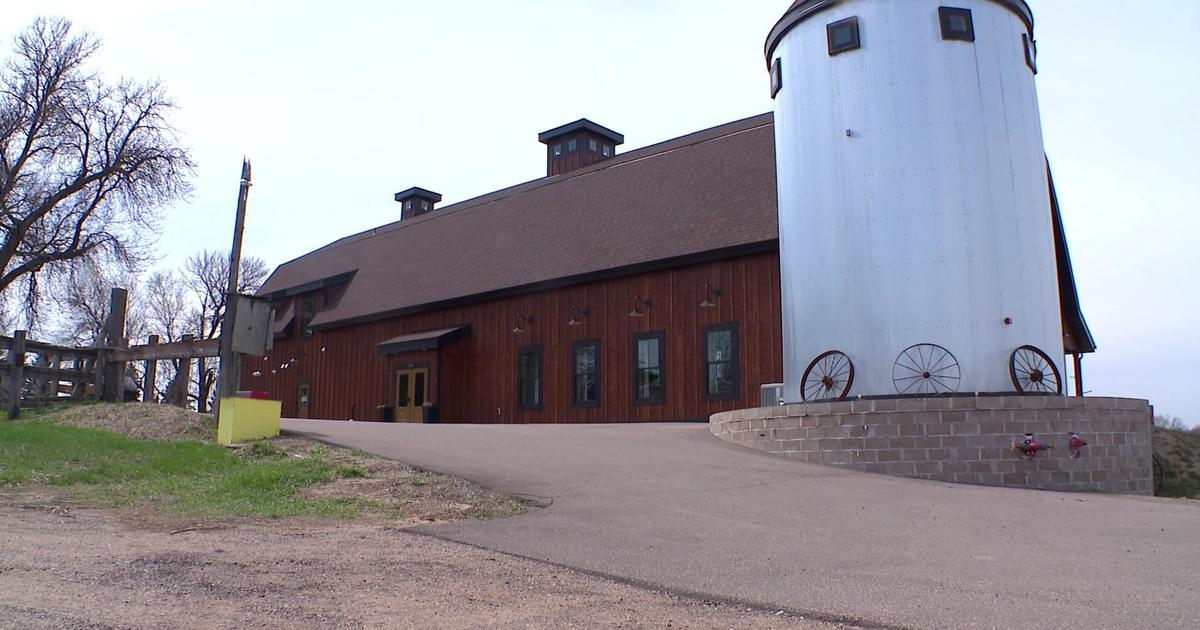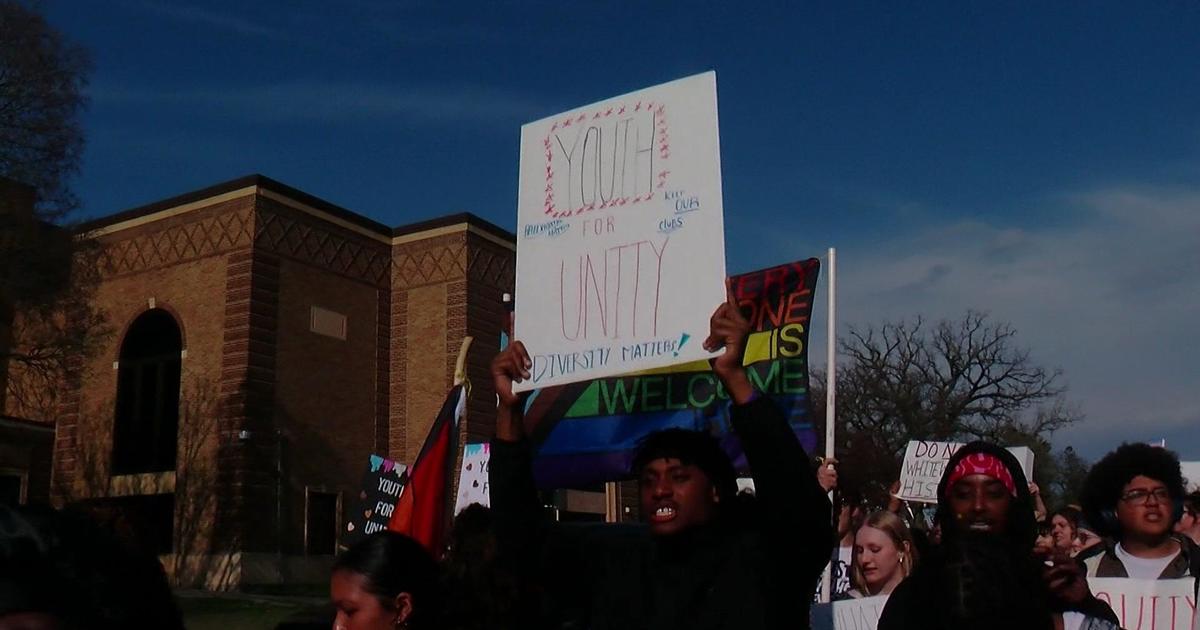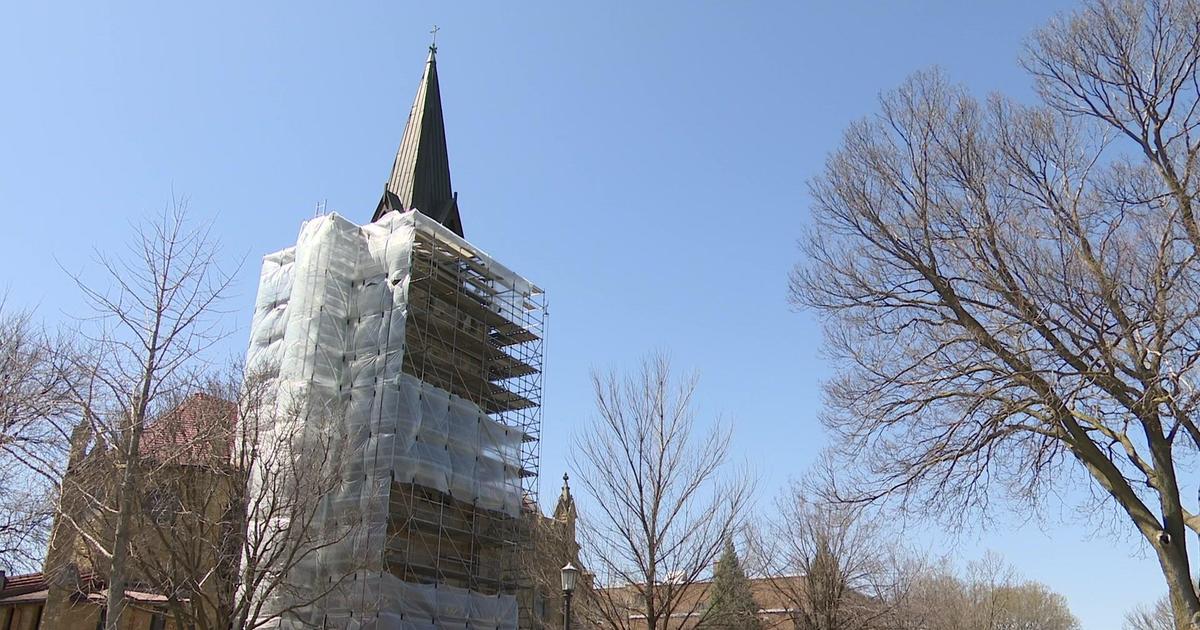$50M Divide In State Senate, House Education Proposals
ST. PAUL, Minn. (AP) — Lawmakers in the state Senate and House are putting the finishing touches on their school spending packages, queuing up a lengthy debate over the cost and just where that money should come from. Education is one of the few issues so far where lawmakers have shown signs of agreement, but there's still a gulf of about $50 million between their proposals.
Senate Democrats are pushing for more than $100 million in new spending and want that to come from the state's $900 million surplus. House Republicans are taking a more measured approach and are proposing the state dole out about $55 million. All of that would be offset by a plan to allow schools to pay back state loans more quickly.
While many agree on addressing the state's teacher shortage, some of the key sticking points this year are likely to include a push by Senate Democrats for $25 million toward a statewide voluntary preschool program and $13 million for more school counselors.
COMMON GROUND
In some areas, they (mostly) agree. Education advocates have been making a serious push this year to expand and diversify the state's teacher workforce. Officials and lawmakers in both parties say the almost entirely white teacher corps doesn't represent a diverse student population in Minnesota. Both chambers have proposed funding programs to expand the workforce, including funding for student teaching grants and allowing paraprofessionals a pathway to getting a teaching license.
The two legislative chambers are split on how much to devote, but they're not far apart. The Senate is backing $10 million each for the teacher shortage initiative and teacher training and development. The House wants almost $15 million in total to tackle both issues.
Both chambers have also voted to include almost $3 million to increase the number of sites implementing new methods of helping students who've had behavioral issues, $120,000 to expand access to GED testing and $69,000 to allow parents of deaf children to directly enroll their kids in a charter school. All three of those initiatives were included in Gov. Mark Dayton's supplemental budget proposal unveiled last month.
EARLY CHILDHOOD
This is where things start to get dicey. Senate Democrats have chosen to include Dayton's proposal to create a scaled-back, voluntary preschool program in Minnesota. After little progress last year, Dayton significantly reduced his plan and the Senate allocated $25 million for it in their education package.
House and Senate Republicans have strongly opposed creating a statewide preschool program and instead have said targeting funds to the neediest students is the best way to spend any education dollars. The House is pushing approximately $6 million for early childhood initiatives, including increased funding for Parent Aware, which helps people find high-quality child care, and more money for the Parent-Child Home Program, which aims to close the state's achievement gap between white and minority students.
The statewide teachers' union supports implementing a voluntary preschool program, but Republicans say administrators want increased funding that doesn't tie their hands.
SCHOOL COUNSELORS
Minnesota has consistently ranked last or almost last for decades when it comes to its ratio of counselors to students, but Senate Democrats are all alone here. They represent the only part of the three-piece budgeting puzzle so far that has included a proposal to fund more school counselors and support staff.
The Senate majority has proposed spending $13 million on a program that would allow school districts to enter into a six-year contract with the state in which they split the salary of a new counselor or support staff, like school psychologists or social workers.
Republicans say lawmakers should be working on solutions that help all schools and won't tie the hands of administrators, many of whom may not need more support staff.
Advocates for the Senate plan say something has to change or else Minnesota will keep falling behind.
(© Copyright 2016 The Associated Press. All Rights Reserved. This material may not be published, broadcast, rewritten or redistributed.)



